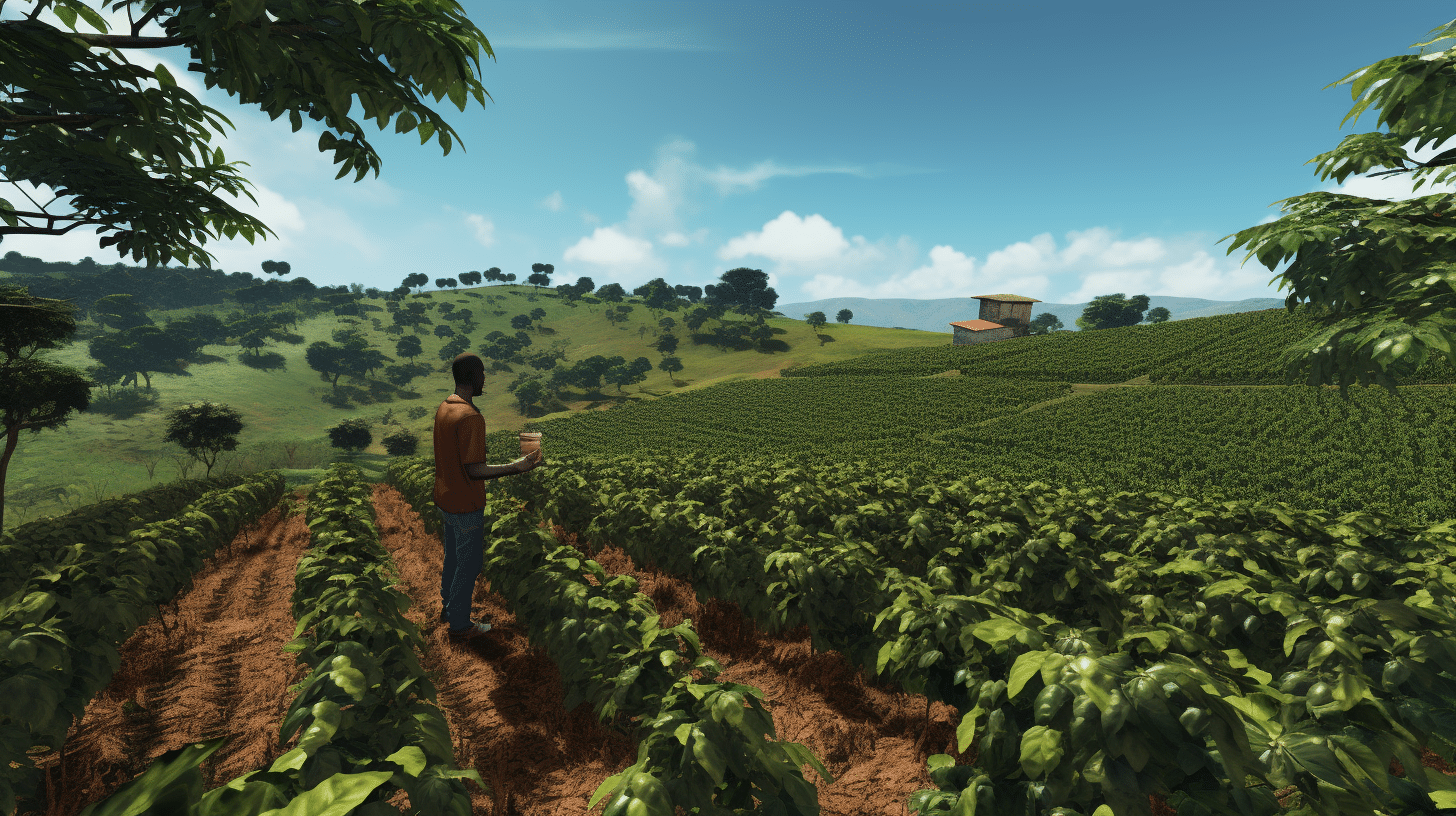Imagine sipping a cup of coffee that you are certain is truly authentic and unadulterated Kenyan coffee. Satisfying isn’t it? But how many Kenyans lavish this? Kenyan coffee is one of the highest quality coffee in the world. Coffee in Kenya is extraordinarily rich in acidity and flavour, full body and deep in sensual aroma and hints of chocolate, floral and citrus undertones. It is not just about the taste of the Kenyan coffee. According to a study conducted by researchers at Lund University in Sweden two cups of coffee a day could stop breast cancer recurring in recovering patients.
The irony is Kenyans are consuming international brands of coffee and stocking them in the supermarkets in Kenya and retail outlets and yet we have the best coffee with us in Kenya.
According to the Coffee Board Of Kenya (the industry facilitator, charged with the responsibility of regulation and the promotion of coffee) the reason why our domestic market in Kenya is small, is that almost all our coffee is produced for export. This is because we want to increase our foreign exchange and improve the economy of Kenya.
However rational this sounds, it might not be the only way forward. We can still increase our coffee domestic consumption in Kenya to the extent that our economy is improved, and the individual farmers are made better off. It is disheartening that the farmer in Kenya is the key stakeholder, and yet he is at the short end of the stick. This has been substantiated by mass uprooting of coffee crop in various parts of the country. When we grow, roast, package and consume our coffee in-house we can alleviate, if not eliminate this great problem in Kenya. It is also unfortunate that we export our unprocessed beans and then import international brands.
Another contributing factor is that Kenya has not come up with a solid brand that sets us apart. We need a mark of identification such that anyone drinking the coffee domestically or internationally will know that he is drinking Kenyan coffee. Think Columbian coffee and the brand, Juan Valdez effortlessly comes.
Branding of the coffee in Kenya is set to bring myriads of benefits not only to the stakeholders but also to other players in the value chain and the country at large. The mark will create value addition to the products in Kenya and bring about the buzz of having authentic Kenyan coffee. This will in turn boost sales of coffee in Kenya.
Another reason why Kenyans opt to consume other beverages than coffee in Kenya is the cost. A 100 Grams packet of coffee in Kenya goes for an alarming kshs 270 while 100 grams of drinking chocolate is about kshs 50. With the average Kenyan who lives on a dollar a day it is economical to forego the drink.
However, coffee is still considered as a lifestyle drink particularly by the youth who have a high disposable income in Kenya. They frequent coffee shops like Java, Dorman’s and Art Café in Nairobi, Kenya whose target market is the upper class, tourists and expatriates. It is the absence of players in the industries in Kenya that make the prices elitist. People need to open up coffee shops since there’s a niche in the domestic markets within Kenya.
It is expected due to market forces of demand and supply of coffee in Kenya, when domestic supply increases the prices will go down so in time the prices will be affordable. The coffee farmer in Kenya who is the main stakeholder will also reap greater benefits when this is done.
In the long run, all systems in place, there is expected to be remarkable growth in coffee industry in Kenya, and we will be one step closer to achieving our vision 2030.



0 comments